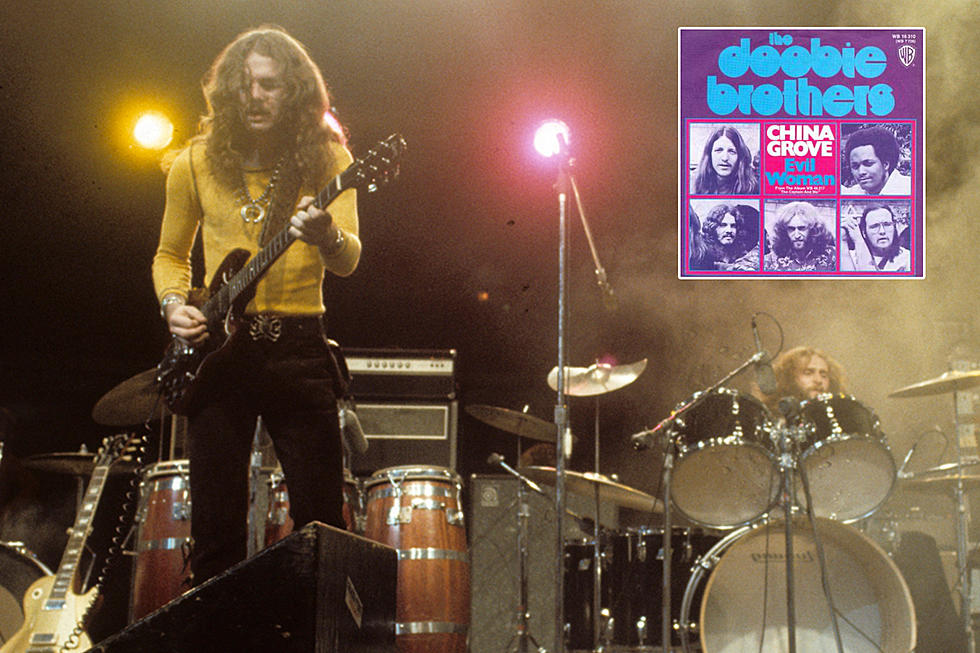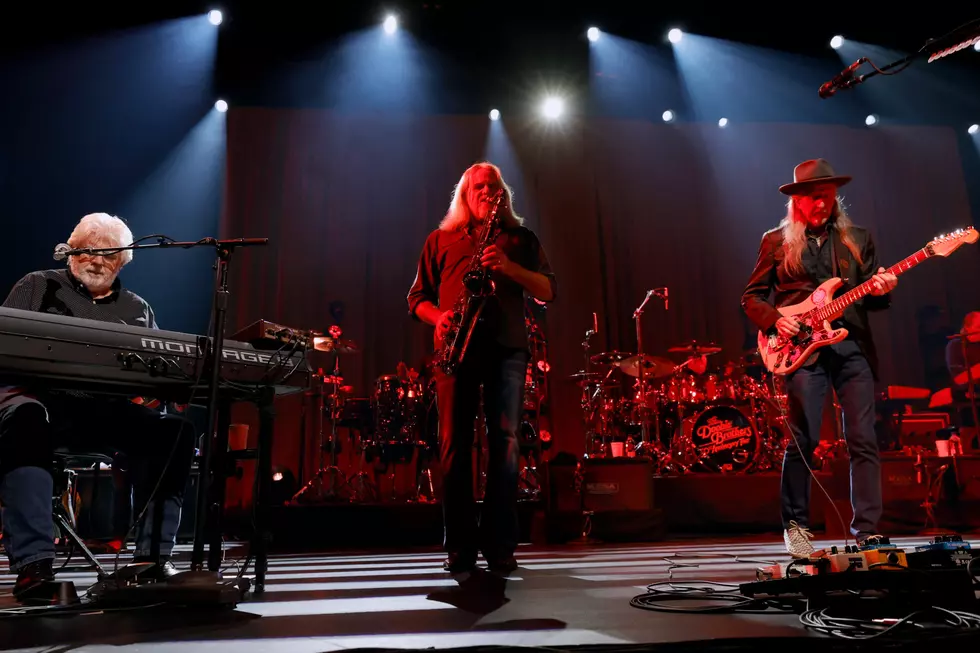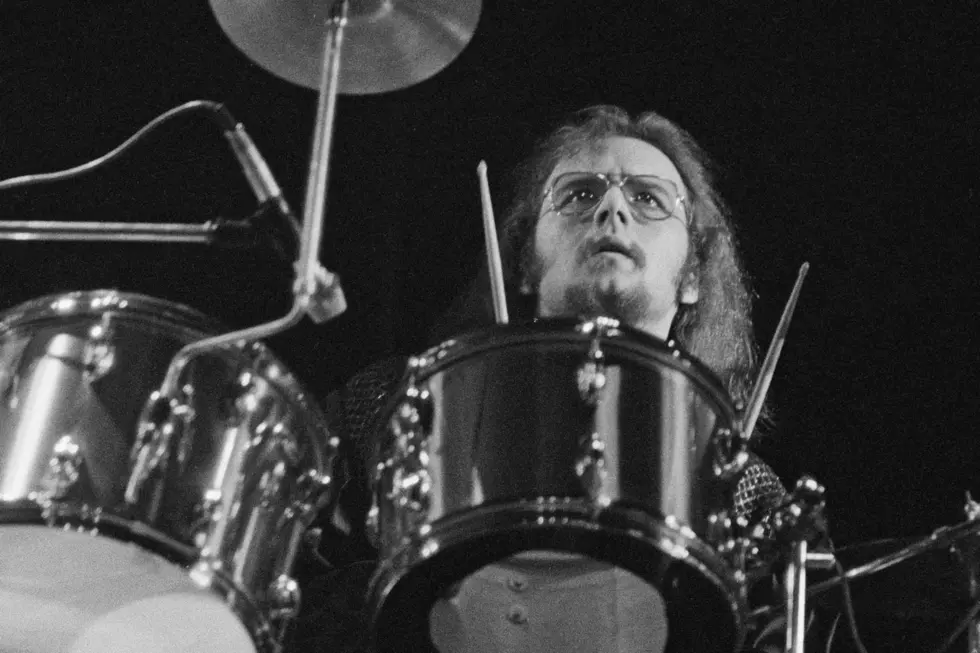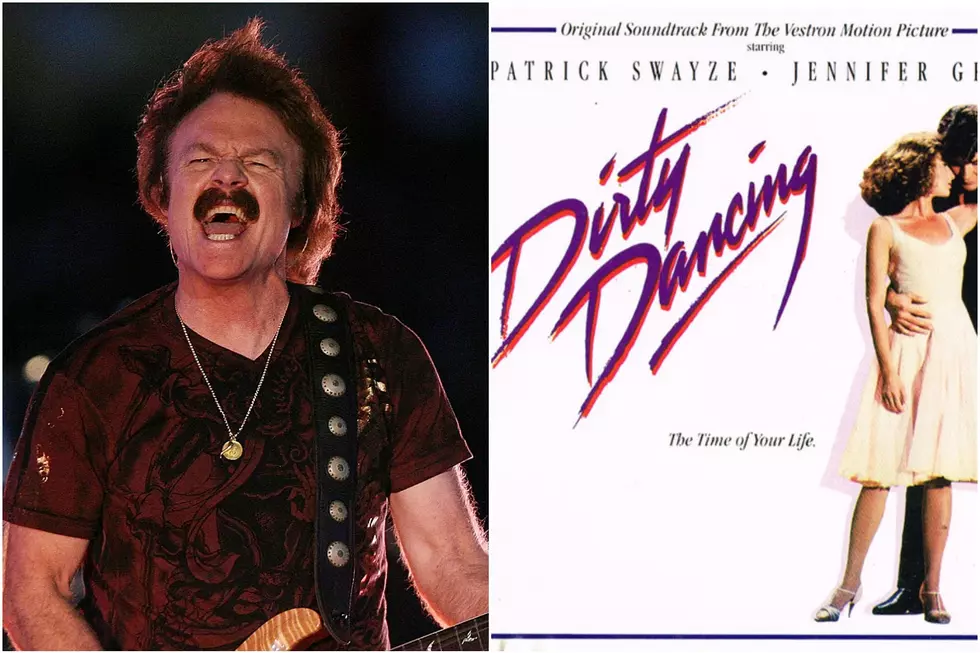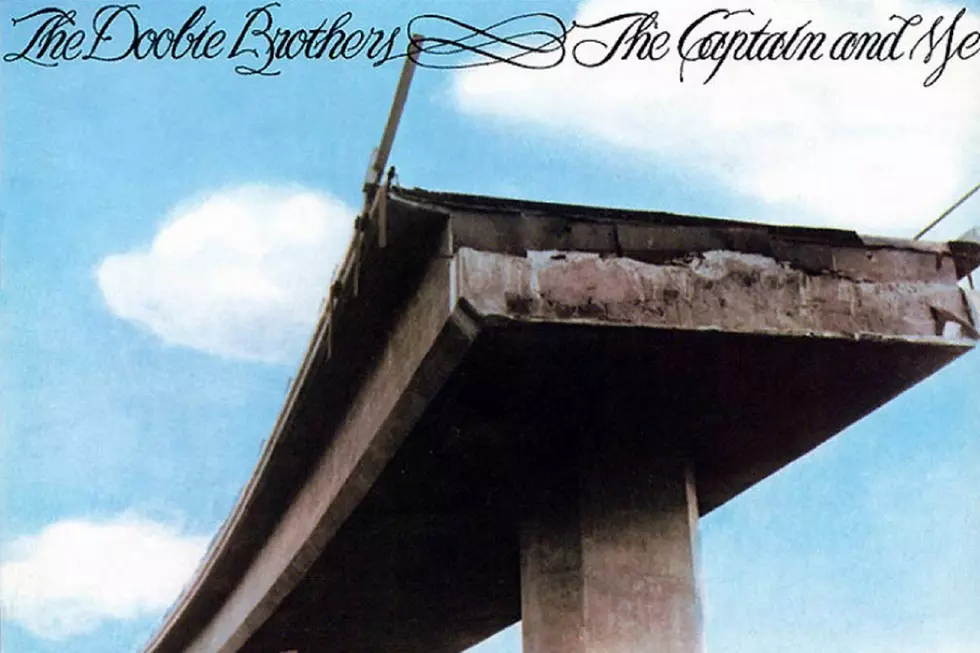
How the Doobie Brothers’ ‘The Captain and Me’ Balanced It All
The Doobie Brothers had discovered their sound. In 1972, the band from Northern California released its second album, Toulouse Street, which was the first to feature a two-drummer lineup as well as the contributions of singing bassist Tiran Porter.
Combined with the talents of Tom Johnston and Patrick Simmons, the Doobie Brothers landed on a blend of catchy riffs, bold harmonies and boogie rhythms.
As it happened, 1972 was also the year that rock fans discovered the Doobie Brothers’ sound, when “Listen to the Music” became the band’s first big hit. That was followed by another Billboard chart entry in “Jesus Is Just Alright,” which helped make Toulouse Street a hit.
Perceiving that the moment was perfect to make the group a blockbuster act, Warner Bros. encouraged the Doobie Brothers to quickly head back into the studio and deliver a new album. In fact, they still had a single climbing the charts in the fall of 1972, as “Jesus Is Just Alright” held a Billboard position until the month before the Doobies’ next album came out in 1973.
Regardless, they were already holed up in a Hollywood studio to craft what would become The Captain and Me. Once more, the Doobie Brothers teamed with producer Ted Templeman, who had worked on both of the previous LPs.
Listen to the Doobie Brothers' 'China Grove'
For Johnston, who wrote the majority of the tunes on the new album, the music usually preceded the lyrics. That’s how it worked with “China Grove,” which started with the song’s famous guitar riff, soon joined a drum pattern, then was added to a piano part and other instrumentation. Finally, with the arrival of Johnston’s lyrics, it became a song about an imaginary place in Texas … or so he thought.
“The words were written last, and they were made up around this whole idea of this wacky little town with a sheriff that had a samurai sword and all that sort of thing,” Johnston told Songfacts in 2009. “The funny thing was that I found out in 1975 in a cab in Houston that there really was a China Grove, although what happened was in 1972 we were touring in Winnebagos, and we were driving into San Antonio. And there is a China Grove, Texas, right outside of San Antonio. I must have seen the sign and forgotten about it.”
Most of the Doobie Brothers were from California, but as with Creedence Clearwater Revival, some fans might have guessed they were from the South. Many of the early ’70s Doobie Brothers songs seemed to reference or take place in southern states, including Texas, Louisiana and Tennessee.
“Maybe it’s because a lot of my folks are from the South,” Johnston said on In the Studio with Redbeard. “The other thing is that the South’s real colorful. It’s easy to write songs about the South, there’s always something you can latch onto, I don’t care what area. … The imagery in the South is kind of grand and yet, at the same time, folksy.”
Listen to the Doobie Brothers' 'Dark Eyed Cajun Women'
It wasn’t just the lyrics that conjured pictures of Southern living; many of the musical references seemed to come from the region as well. Simmons drew on country music influences for the ballads “Clear as the Driven Snow” and “South City Midnight Lady.” The Doobies were also impacted by R&B and blues artists who had honed their musical styles in the deep South.
“A lot of our music comes from early soul, soul grooves,” Simmons reflected. “I would say James Brown kind of stuff, Steve Cropper. … The blues, we played the blues a lot.”
That bluesy influence is most evident on The Captain and Me in “Dark Eyed Cajun Woman,” which Johnston admitted was his tribute to legendary Mississippi native B.B. King. (The song is also the first to feature guitarist Jeff “Skunk” Baxter, who would later become a full=time member of the band.)
Like many blues artists, Johnston and the Doobies would land on new material via jam sessions that were improvised during performances. One of the band’s biggest hits came about in that manner: “Long Train Runnin’,” with its chugging guitar riff and shimmying rhythm, had existed as an instrumental jam for nearly three years before it was channeled into a proper song.
The Doobie Brothers would perform this thing – sometimes known as “Osborn,” “Parliament” or “Rosie Pig Moseley” – and Johnston would improvise nonsense lyrics over the top of it. “And it continued that way until Teddy [producer Templeman] heard it and said, ‘You should cut that,’” Johnston recalled.
Listen to the Doobie Brothers' 'Long Train Runnin"
“I said, ‘Oh, man, this is just a throwaway song,’” Johnston added. “I didn't think it was any big deal. I didn't think it had any great merit as far as the chords and everything went, because it seemed too simplistic to me. … So it was like a last-minute deal, and then I came in and sang, and boing, the record was done.”
Johnston soon would be proved wrong about “Long Train Runnin.’” When The Captain and Me was released on March 2, 1973, the song was put out as the album’s lead single and both became huge hits. “Long Train Runnin,’” with its boogie-shuffle energy and harmonized “without love” lyrical hook, rose to No. 8 on the Billboard singles chart. The LP would peak at No. 7, beginning a streak of Doobie Brothers’ Top 10 albums that would last through 1980.
The Captain and Me eventually went double platinum in the U.S. and remains a critical and fan favorite. “Long Train Runnin’” inspired new generations of musicians – such as New Wave girl group Bananarama, who covered it. Both “Long Train Runnin’” and its fellow hit “China Grove” became staples of classic rock radio. The Doobie Brothers remain impressed by those songs’ longevity.
“I remember it was a big thrill to hear it when it first came out, In fact, it was really unique – wow – hearing yourself on the radio was a big deal,” Johnston said. “It says something about the song if it can last that long. … I’ve had a lot of people come up to me and say that ‘China Grove’ or some other songs influenced their life and helped them through a period of time … or the album did, or something like that. I find that very gratifying.”
Rockers With Hidden Talents
More From Ultimate Classic Rock


